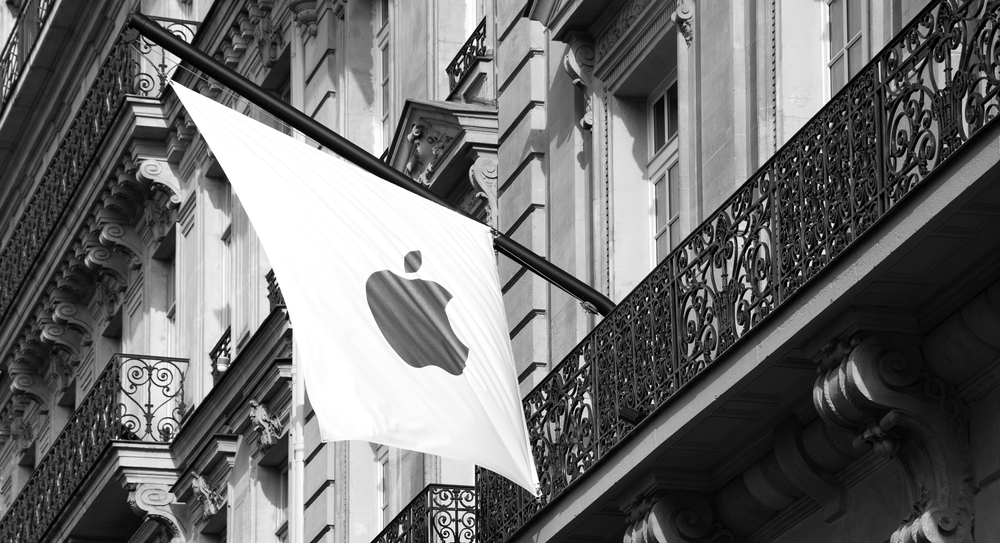France has started requesting tech giants in the U.S. for something called ‘Apple tax’ that describes a particular tax for tech giants. The country classifies it as tax evaders. The objective is for the government to concede to wait for a worldwide agreement on how major tech firms will handle tax. However, now France has chosen to work individually.
This action made Washington threaten to lash back, which led to concerns that it might trigger a trade conflict between the two states.
History
Last year President Macron alleged that in Europe, Apple and others had a ‘permanent tax haven status.’ The country said that it would handle this by implementing a 3% tax on what was termed as GAFA firms: Apple, Amazon, Facebook, and Google. The term ‘tax haven status’ is associated with steps that Apple and others take to channel income generated from European sales through Ireland. They then claim significant R&D costs deductions incurred in the U.S.
The overall outcome is that tech giants generate huge sales profits within states such as France, but say that locally, they generate minimal profits. Taxes are mainly determined by profits, which signifies that they pay minimal or no tax in the states where sales are made. France wishes to bring this to a stop by establishing a 3% tax on profits. Apple’s margins are usually about 37%, which is equal to a tax of about 8% on profits. According to regular corporation tax standards, it is still very minimal, but higher than what the country is currently getting.
Different proposals have been made for international agreements whose goal is to facilitate continuous tax treatment throughout states. Firstly, the European Union suggested a joint tactic across Europe. It was developed into a wider G20 proposal involving 47 states. Lastly, OECD (Organization for Economic Cooperation and Development) disclosed that it would concede to worldwide regulations that would apply to 137 states.
Tim Cook, Apple CEO supported the OECD method and at the beginning of the year, they began working to set up these regulations.
France presents demands for ‘Apple Tax.’
Even though at first France had said it did not mind waiting for a global agreement, when the coronavirus hit, this stance changed because it led to an economic catastrophe.
After this, France said that at year-end, it would proceed with an OECD deal or without one. According to the Financial Times, France recently presented tax demands to tech giants in the U.S. Apple has not been mentioned in particular; however, it is listed in previous proposals, which led to the tax’s nickname.
Tax authorities in France have begun asking for millions of euros from tech groups in the U.S. as they begin another digital services tax, which has made Washington upset.
Amazon and Facebook are some of the firms that have been contacted by French authorities demanding that they pay 2020 taxes, according to advisers, business leaders, and French officials.
In June, The Trump administration cut off discussions with the OECD, and possibly why France made this decision.
The demand from Paris to collect the tax shows that the agreement with Washington is no longer in effect. In January, the two sides decided to allocate more time for discussions on a multilateral fiscal structure that will be managed by the OECD, a Paris-based organization for affluent countries, to be held in the year.
France has agreed to discontinue collecting its digital tax as part of this pause. But in June, the U.S. put discussions with OECD states on hold. There is no hope that a solution will be found before mid next year.
‘We cannot go on waiting, and tech firms have benefitted greatly from the pandemic,’ remarked a French official who also said that the European strategy presented ‘a lever’ in the continuing talks.
‘They have a significant turnover, and even before the pandemic, they failed to pay fair taxes.’
A trade conflict appears to be looming. It is now anticipated that the U.S. Trade Representative office will implement a 25% tariff on $1.3 billion in French makeup and handbags. It happened after they at first threatened to impose tariffs on cheeses and champagne.
image Elena Dijour / Shutterstock.com



